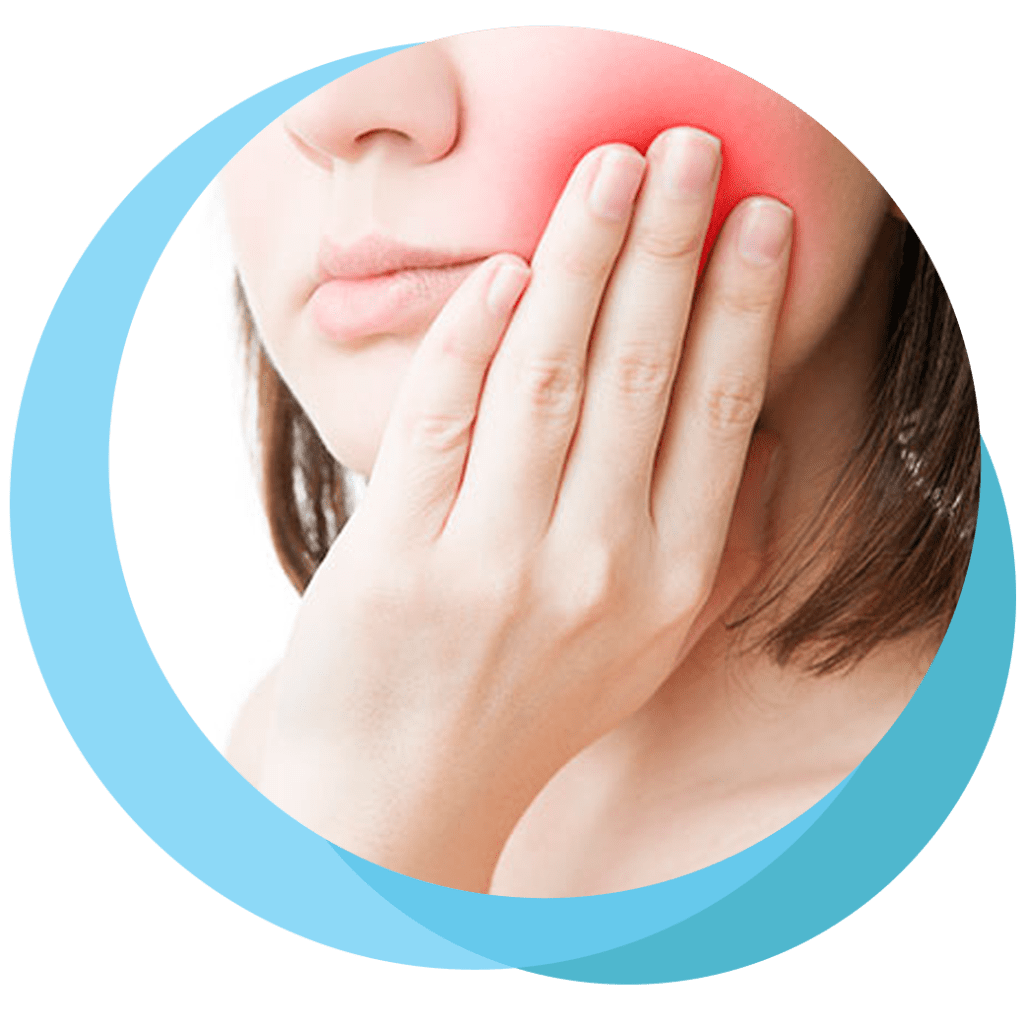Attention Deficit Hyperactivity Disorder (ADHD) is a neurodevelopmental disorder that affects individuals of all ages and is characterized by symptoms of inattention, hyperactivity, and impulsivity. While there are various treatment options available, including therapy and behavioral interventions, medication remains a cornerstone in managing ADHD symptoms. However, like any medication, ADHD medication comes with its own set of potential side effects. Understanding these side effects is crucial for individuals with ADHD and their caregivers to make informed decisions about treatment options.
What is ADHD Medication?
ADHD medication primarily consists of stimulants and non-stimulants. The most commonly prescribed drugs for ADHD are stimulant medications, such as methylphenidate (Ritalin) and amphetamine-based medications (Adderall). These medications work by increasing the levels of certain neurotransmitters in the brain, namely dopamine and norepinephrine, which play a crucial role in regulating attention and behavior. Non-stimulant medications, such as atomoxetine (Strattera) and guanfacine (Intuniv), work differently by targeting different neurotransmitters or receptors.
Common Side Effects of ADHD Medication
While ADHD medications are generally effective in reducing symptoms and improving functioning, they can also cause a range of side effects. These side effects can vary depending on the specific medication, dosage, and individual differences. Some of the most common side effects of ADHD medication include:
1. Appetite Suppression
Stimulant medications, in particular, suppress appetite, leading to weight loss or difficulty gaining weight, especially in children. Individuals on ADHD medication need to maintain a balanced diet and monitor their weight regularly.
2. Insomnia
Many individuals experience difficulty sleeping or insomnia as a side effect of ADHD medication, especially if the medication is taken later in the day. Adjusting the timing of medication or incorporating relaxation techniques before bedtime can help alleviate this side effect.
3. Increased Heart Rate and Blood Pressure
Stimulant medications can also increase heart rate and blood pressure. Individuals with pre-existing cardiovascular conditions should use these medications with caution and under the supervision of a healthcare provider.
4. Emotional Changes
Some individuals may experience emotional changes or mood swings while taking ADHD medication. This can include irritability, anxiety, or even exacerbation of existing mood disorders. Monitoring and discussing mood changes with a healthcare provider is essential for managing this side effect.
5. Tics
In rare cases, stimulant medications can exacerbate or even trigger the development of tics, such as repetitive movements or vocalizations. Individuals with a history of tic disorders should be closely monitored when taking stimulant medications.
6. Gastrointestinal Symptoms
Gastrointestinal symptoms, such as stomach pain, nausea, or constipation, can occur as side effects of both stimulant and non-stimulant ADHD medications. Adjusting the timing of medication or taking it with food can sometimes help alleviate these symptoms.
7. Headaches
Headaches are another common side effect of ADHD medication, particularly during the initial adjustment period or when dosage changes are made. Staying hydrated and managing stress levels can help reduce the frequency and severity of headaches.
Managing Side Effects
While the side effects of ADHD medication can be concerning, it’s essential to remember that not everyone will experience them, and many side effects can be managed effectively. Here are some strategies for managing side effects:
1. Open Communication with Healthcare Providers
Individuals and their caregivers must communicate openly with healthcare providers throughout treatment. Discussing side effects with a healthcare provider can help determine whether adjustments to medication dosage or timing are necessary.
2. Regular Monitoring
Regular monitoring of both ADHD symptoms and potential side effects is essential for ensuring that medication is effective and well-tolerated. Keeping a journal to track symptoms and side effects can provide valuable information for healthcare providers.
3. Lifestyle Modifications
Incorporating healthy lifestyle habits, such as regular exercise, adequate sleep, and stress management techniques, can help mitigate some side effects of ADHD medication. Additionally, maintaining a balanced diet and staying hydrated can support overall well-being.
4. Consider Alternative Treatments
For individuals who experience significant side effects or prefer to explore non-pharmacological options, alternative treatments for ADHD, such as therapy, behavioral interventions, or dietary supplements, may be worth considering. Discussing these options with a healthcare provider to determine the most appropriate course of treatment is essential.
Conclusion
ADHD medication can be an effective tool for managing symptoms and improving functioning in individuals with ADHD. However, like any medication, it can also cause side effects. By understanding the potential side effects of ADHD medication and implementing strategies for managing them, individuals and their caregivers can make informed decisions about treatment options and optimize the benefits of medication while minimizing any associated risks. Regular communication with healthcare providers and a holistic approach to treatment can help ensure the best possible outcomes for individuals with ADHD.




